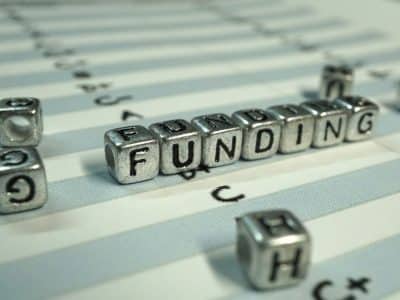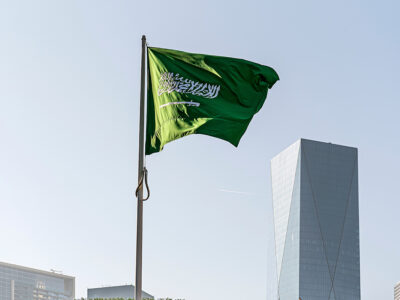Bahrain’s banking system is operating normally and economic fundamentals
remain strong despite civil unrest, the central bank said, adding it would
provide all necessary support to banks if needed.
Political protests in the small non-OPEC oil producer, inspired by popular
revolts that toppled leaders in Egypt and Tunisia, have shaken the Gulf Arab
island kingdom and sent default protection costs up over the past week.
“All financial transactions are at the normal level and the dinar
continues to trade at the same level,” the central bank said in a
statement on Sunday after a meeting with retail banks heads.
Bahrain like most Gulf Arab oil producers links its dinar to the US dollar
with the peg set at 0.376BHD.
The peg limits flexibility of Bahrain’s monetary policy as the central bank
needs to keep interest rates close to US benchmarks to avoid excessive
pressures on its currency.
Central Bank Governor Rasheed al Maraj also assured bankers on Sunday that
the monetary authority would continue to cooperate and support banks and
provide all necessary support to facilitate banking operations, the statement
said.
“It is normal following any political or economic development that the
credit rating agencies would review the ratings,” Maraj said.
“However, we believe that the economic fundamentals of the Kingdom of
Bahrain remain strong and that the short term economic and political developments
should not entirely reflect on the review,” he said.
Moody’s, which downgraded Bahrain’s sovereign rating last year, said on
Sunday it was concerned about continuing unrest in Bahrain and was monitoring
the situation closely.
Last week, Fitch Ratings warned it may downgrade Bahrain’s credit ratings in
the next few months as anti-government protests escalate.
Thousands of Bahraini protesters set up a tent city in a Manama square that
has come to symbolise their cause on Sunday, some calling for immediate
political change and others hoping for talks to resolve the crisis.
The cost of insuring Bahrain’s debt rose to its highest level since August
2009 on Friday with five-year credit default swaps (CDS) quoted at 310 basis
points after closing at 261 points on Thursday.








